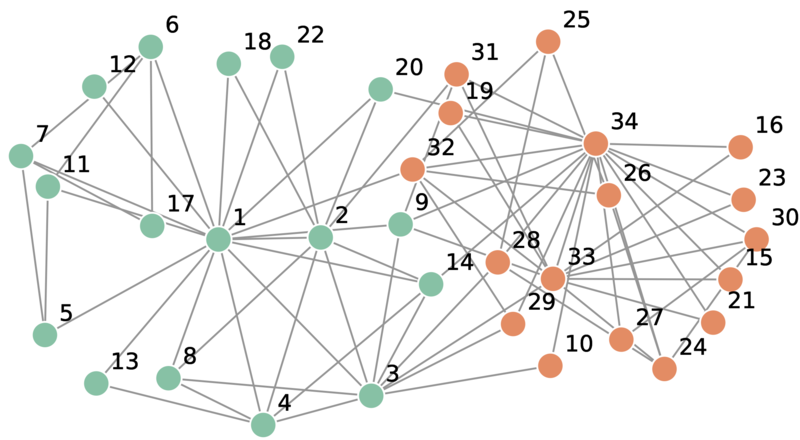In a 2014 blog post for the Wall Street Journal, mathematician Jordan Ellenberg examined the distribution of highlighted passages within Amazon Kindle books as an unscientific measure of how far the average reader progresses through each title before giving up. If the “popular highlights” are clustered densely near the start of a book, that’s (arguably) a sign that many readers abandon the book before reading much farther. Ellenberg gave these examples (each considering the location of the five most highlighted passages in the text):
Hard Choices, by Hillary Clinton, 1.9%
Capital in the Twenty-First Century, by Thomas Piketty, 2.4%
Infinite Jest, by David Foster Wallace, 6.4%
A Brief History of Time, by Stephen Hawking, 6.6%
Thinking, Fast and Slow, by Daniel Kahneman, 6.8%
Lean In, by Sheryl Sandberg, 12.3%
Flash Boys, by Michael Lewis, 21.7%
Fifty Shades of Grey, by E.L. James, 25.9%
The Great Gatsby, by F. Scott Fitzgerald, 28.3%
Catching Fire, by Suzanne Collins, 43.4%
The Goldfinch, by Donna Tartt, 98.5%
Ellenberg called the measure the Hawking Index, after physicist Stephen Hawking’s A Brief History of Time, which is often called “the most unread book of all time” … though it reaches only fourth place even on this short list.
“So take it easy on yourself, readers, if you don’t finish whatever edifying tome you picked out for vacation,” he wrote. “You’re far from alone.”







